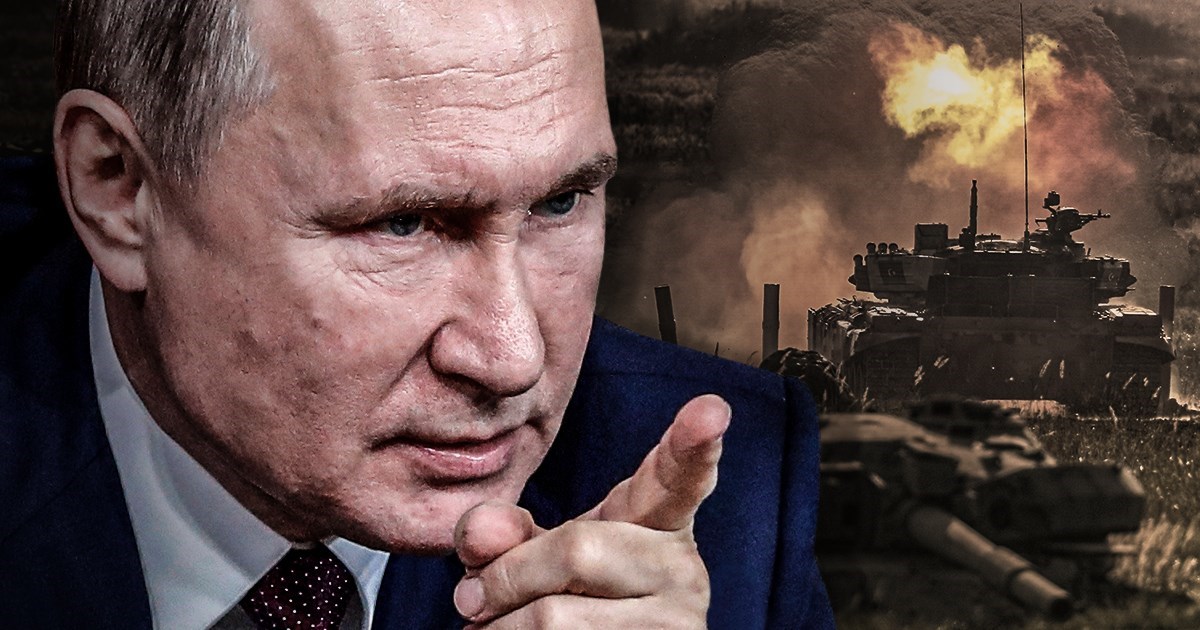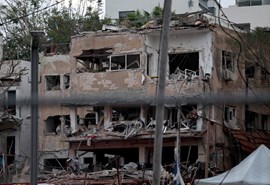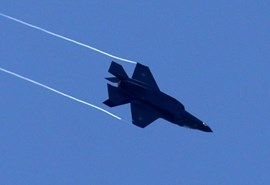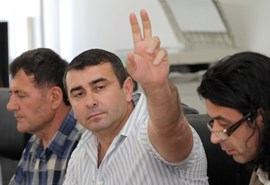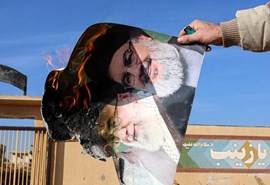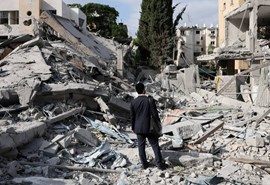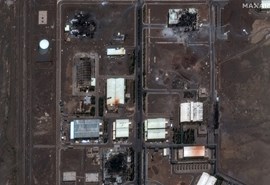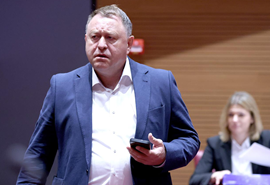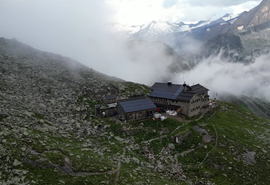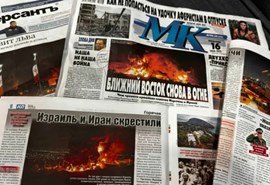Russia has expressed readiness to act as a mediator in the Israel-Iran conflict, with earlier proposals regarding the storage of Iranian uranium in Russia still on the table. U.S. President Donald Trump openly supported the possibility of Russian President Vladimir Putin taking on the mediator role, while French President Emmanuel Macron clearly rejected the idea, expressing distrust of Russia due to its involvement in other conflicts. China called on both sides to take urgent measures to de-escalate tensions and return to dialogue. Reporting varies across the political spectrum: left-leaning media emphasize diplomatic efforts and calls for peace, centrist outlets focus on international reactions and key leaders’ positions, while right-leaning media highlight skepticism towards Russia and criticize its role in global conflicts.
Political Perspectives:
Left: Left-leaning media emphasize the importance of diplomatic efforts and peaceful resolution, highlighting Russia’s willingness to mediate as a positive step towards de-escalation. They also focus on calls from China for urgent measures to reduce tensions and promote dialogue.
Center: Centrist media provide balanced coverage, focusing on the statements of key international leaders such as Trump, Macron, and the Kremlin spokesperson. They report on the complexities of the conflict and the mixed reactions to Russia’s proposed mediation role.
Right: Right-leaning media express skepticism about Russia’s role as a mediator, pointing to its ongoing involvement in other conflicts like Ukraine. They highlight Macron’s rejection of Russia’s mediation and question Russia’s trustworthiness in international diplomacy.

